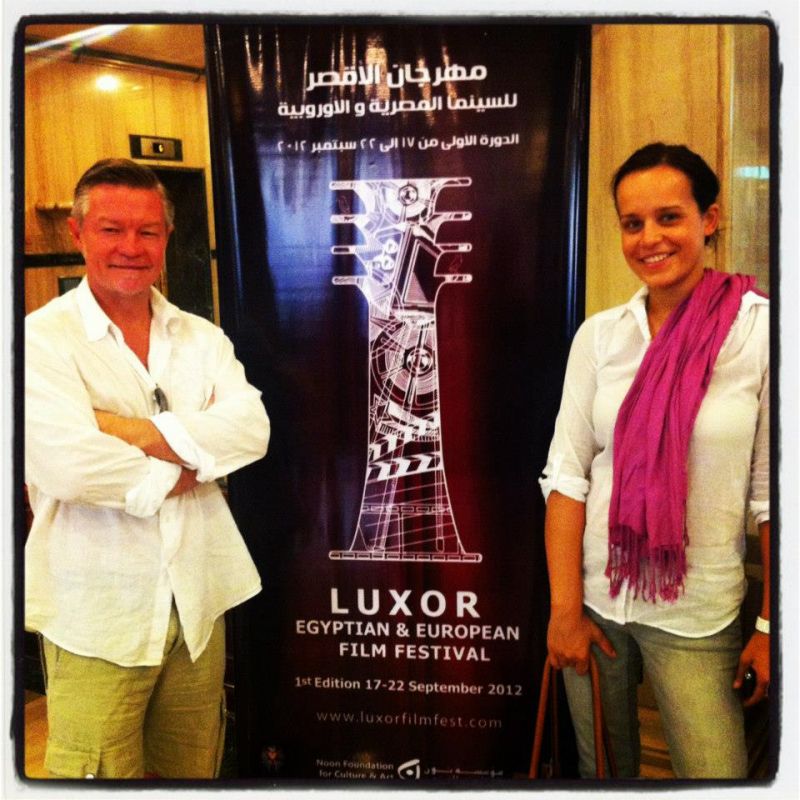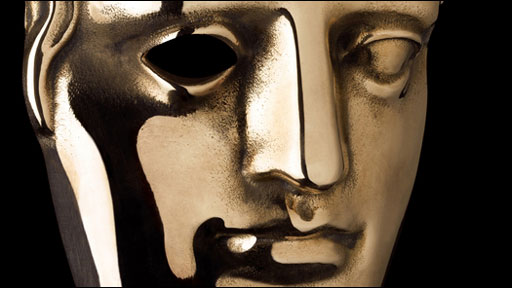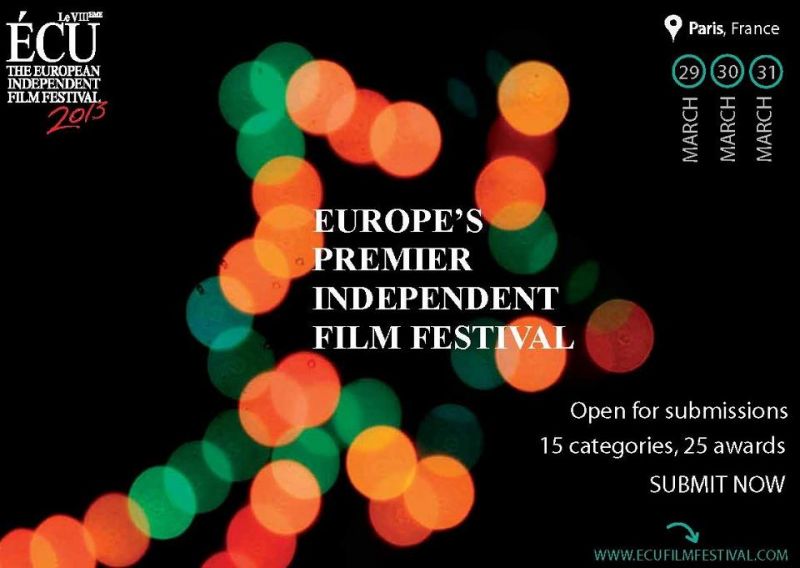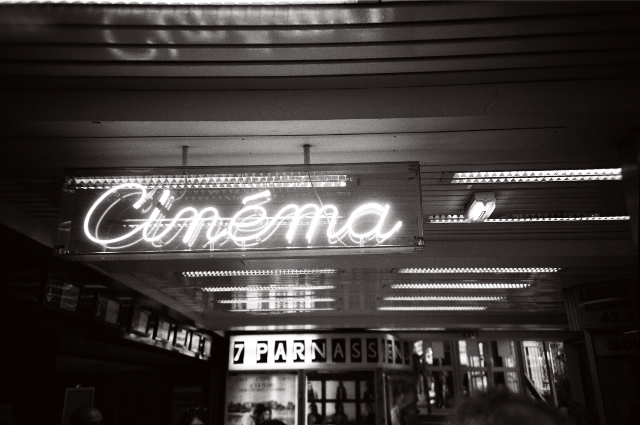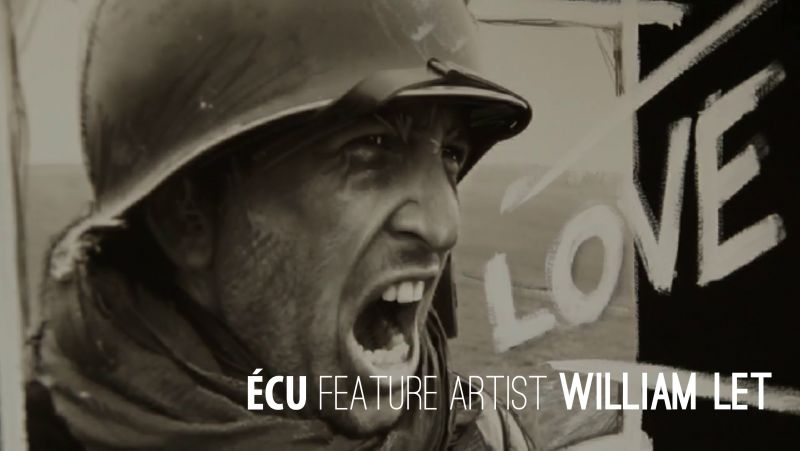|
|
||
|
Pro Tools
FILMFESTIVALS | 24/7 world wide coverageWelcome ! Enjoy the best of both worlds: Film & Festival News, exploring the best of the film festivals community. Launched in 1995, relentlessly connecting films to festivals, documenting and promoting festivals worldwide. Working on an upgrade soon. For collaboration, editorial contributions, or publicity, please send us an email here. User login |
MOVIE REVIEW: GOOD TIMESince Nightcrawler, no film has better distilled American malaise better than the Safdie brothers’ ironically-named Good Time (2017). The film stars Robert Pattinson in a breakout role as Connie Nikas, an on-the-lam criminal in New York City trying to bail his mentally disabled brother Nick out of jail following a failed bank heist. As he hustles to come up with the $10,000, his night snowballs into a frenzied crime spree that feels utterly surreal as it plunges him into the grime of Brooklyn’s underworld.
Good Time’s intensity is also enhanced through its ingenious production design, which includes an award-winning soundtrack from Brooklyn-based musician Daniel Lopatin. His erratic electro-pop score grates against our concentration, lodging itself in our brains like a rickety, ill-devised time bomb that could go off at any moment.
Echoing HBO’s New York noir series The Night Of, Good Time uses sprawling images of the urban grid to suggest an inevitable trap around its protagonists – one riddled with dangers for America’s disadvantaged. Through an identity mix-up between Connie and a black security guard, the Safdie brothers incorporate a damning critique of our justice system’s racial disparities, as the officer tries to arrest Connie, only to have the latter beat him unconscious, steal his uniform, then effortlessly frame him as an intruder at the amusement park where he’d been scouring for a bottle of LSD to sell for bail money. “The balance of moral crookedness and conscience in Good Time is a complex one,” notes IndieWire. “That the film works such social nuance into what otherwise amounts to a breathless pulp thriller is perhaps the most impressive of its achievements.”
10.10.2017 | ÉCU-The European Independent Film Festival's blog Cat. : ecu festival film indie MOVIE review
|
LinksThe Bulletin Board > The Bulletin Board Blog Following News Interview with IFTA Chairman (AFM)
Interview with Cannes Marche du Film Director
Filmfestivals.com dailies live coverage from > Live from India
Useful links for the indies: > Big files transfer
+ SUBSCRIBE to the weekly Newsletter Deals+ Special offers and discounts from filmfestivals.com Selected fun offers
> Bonus Casino
User imagesAbout ÉCU-The European Independent Film Festival Hillier Scott Hillier Scott (ECU)
Scott Hillier, Founder and President of ÉCU - The European Independent Film Festival
Scott Hillier is a director, cinematographer, and screenwriter, based in Paris, France. In the last 20 years, Hillier has gained international recognition from his strong and incredible cinematography, editing, writing, producing and directing portfolio in both the television and film industries.
Scott began his career in the television industry in Australia. In 1988, he moved to London getting a job with the BBC who then set him to Baghdad. This opportunity led him to 10 years of traveling around world for the BBC, mainly in war zones like Somalia, Bosnia, Tchetcheynia, Kashmir, and Lebanon. After a near fatal encounter with a Russian bomber in Tchechnyia, Hillier gave up his war coverage and began in a new direction.
He moved to New York City in 1998. He directed and photographed eight one-hour documentaries for National Geographic and The Discovery Channel. Based on his war knowledge and experience, Hillier wrote and directed a short film titled, “Behind the Eyes of War!" The film was awarded “Best Short Dramatic Film” at the New York Independent Film and TV Festival in 1999. From that he served as Supervising Producer and Director for the critically acclaimed CBS 42 part reality series, "The Bravest” in 2002 and wrote and directed a stage play called, "Deadman’s Mai l," which ran at Le Théâtre du Moulin de la Galette in Paris during the summer of 2004. He then became the Director of Photography on a documentary titled, “Twin Towers." This was yet another life changing experience for Hillier. The riveting documentary won an Academy Award for "Best Documentary Short Subject" in 2003. In 2004, Hillier changed continents again, spending three months in Ethiopia. He produced “Worlds Apart,” a pilot for ABC America / True Entertainment / Endemol. As you can see, Hillier was and is always in constant movement and enjoys working in a number of diverse creative areas including documentaries, music videos, commercials, feature and short films.
Scott studied film at New York University and The London Film and Television School. He also studied literary non-fiction writing at Columbia University. Hillier's regular clients include the BBC, Microsoft, ABC, PBS and National Geographic. Between filming assignments, he used to teach film, a Masters Degree course in Screenwriting at the Eicar International Film School in Paris, France and journalism at the Formation des Journalistes Français in Paris, France.
View my profile Send me a message The EditorUser contributionsUser links |


















 Connie is the archetype of today’s aggressive, anti-establishment go-getter. There is a hint of Trump in his bottled-up anger, bald lies, and brash narcissistic scheming. His character wouldn’t have our sympathy at all were it not for his genuine impulse to protect his brother and defy a world that has damaged them both. Pattinson is astounding in the part – single-handedly fuelling the film’s non-stop adrenaline rush as he bursts through doors, rushes down hallways, and rounds corners with razor-sharp quickness.
Connie is the archetype of today’s aggressive, anti-establishment go-getter. There is a hint of Trump in his bottled-up anger, bald lies, and brash narcissistic scheming. His character wouldn’t have our sympathy at all were it not for his genuine impulse to protect his brother and defy a world that has damaged them both. Pattinson is astounding in the part – single-handedly fuelling the film’s non-stop adrenaline rush as he bursts through doors, rushes down hallways, and rounds corners with razor-sharp quickness.  Recalling the neo-noir nightmares of
Recalling the neo-noir nightmares of  Locking us into Connie’s rollercoaster quest to liberate his brother,
Locking us into Connie’s rollercoaster quest to liberate his brother, 

